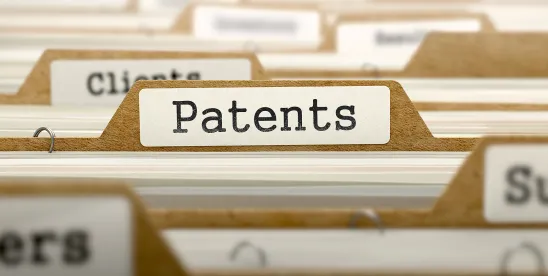Last month, we provided an overview of the Patent Trial and Appeal Board’s (PTAB) application of the “settled expectations” doctrine, articulated in recent PTAB director-level decisions. Interim Director Coke Morgan Stewart has favored discretionary denial of inter partes review (IPR) petitions for older patents.
Read our previous alert on “settled expectations” here.
The director recently offered more guidance in Intel Corporation v. Proxense LLC, IPR2025-00327, -00328, -00329, Paper 12 (P.T.A.B. June 26, 2025) on circumstances to overcome the application of this doctrine, allowing for institution of an IPR even for patents that have been in force for many years.
“Persuasive Reasons” That Can Overcome “Settled Expectations”
“Significant Change in Law” Affecting Patentability
The director noted that if there has been a substantial change in the law since the patent was issued, and that change directly impacts the patentability of the challenged claims, then the “settled expectations” doctrine may not favor denial. To do so, the petitioner must demonstrate that the legal development is both significant and relevant to the specific claims at issue. For example, a US Supreme Court or Federal Circuit decision that alters the standards for patent eligibility, obviousness, or written description could qualify if the petitioner explains how the change in law directly bears on the validity of the patent’s claims.
Lack of Public, Commercial Application by the Patentee
The director noted that this doctrine may be less likely to support denial if the patent owner has “not commercialized, asserted, marked, licensed, or otherwise applied” the patent in the “particular technology space,”— or at all. To do so, the petitioner must show that the patentee failed to publicly exploit, represent, assert, or hold out the patent in the relevant industry. The phrase “otherwise applied” is open-ended and provides petitioners with diverse options to demonstrate the lack of commercialization on the patent owner’s part. This can weigh against the presumption that the public has developed settled expectations regarding the patent’s validity.
“Settled Expectations” Still Favor Discretionary Denial
Notably, however, Director Stewart still found there was an “absence of any such information” that would justify disturbing the “settled expectations of Patent Owner.” Accordingly, the director denied the petition under § 314(a), indicating that the PTAB will remain “disinclined to disturb settled expectations” without showing why those expectations should be disrupted. While the Intel decision provides guidance for petitioners on how to address the “settled expectations” doctrine, it suggests presenting evidence of either a significant and relevant change in the law, the patentee’s failure to utilize the patent in the relevant industry, or other factors that would undermine the patent owner’s “settled expectations” of patent validity. Absent such showings, the PTAB is likely to maintain the presumption in favor of discretionary denial for long-issued patents.




 />i
/>i

